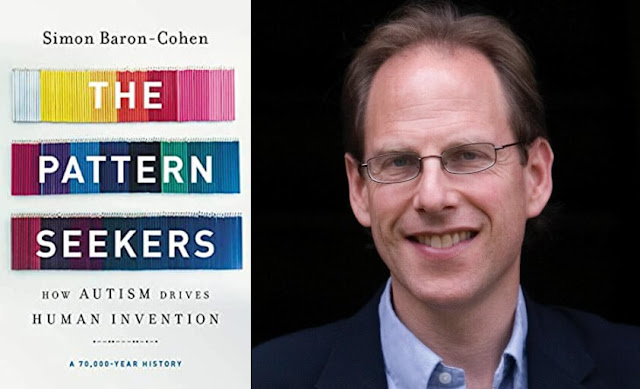Here are a couple of excerpts from a book I recently read, "The Pattern Seekers: How Autism Drives Human Invention," by Simon Baron-Cohen.
His memory has the hallmark of hypermnesia (the opposite
of amnesia)—it seems to know no limits. There are only a handful of
documented individuals with hypermnesia, adults who can remember every
day of their lives since at least age fourteen. With Jonah, his memory
is for factual information about objects, and specifically plants. His
recall is also extremely rapid. His family describe him as being able to
“read” nature. Sometimes they demonstrate this to others by pointing to
a random plant and seeing how many facts about it he can rattle off.
But Jonah isn’t interested in showing off. He is simply driven to
systemize plants accurately and comprehensively, interested in facts,
patterns, and truth. For him, as for many autistic people, these three
words all refer to the exact same thing.
“Did you want to die?”
He nodded, and when I asked him why, he simply replied:
“Nobody wants me. I don’t belong in this world.”
I acknowledged his loneliness, aware that over 80 percent of young autistic adults still live with their parents.
I asked him: “What would make a difference, what would make life feel worth living?”
Without
looking up, he replied: “A job. To make me feel valued—to give me
dignity. Why won’t anyone give me the chance to prove I can contribute,
to make me feel included in society, and give me a wage, so I can have
independence from my parents?”
I
nodded, feeling so sad for him and the millions of other autistic
people who languish unemployed when they could be doing something
meaningful for themselves while helping their employer and society.



No comments:
Post a Comment